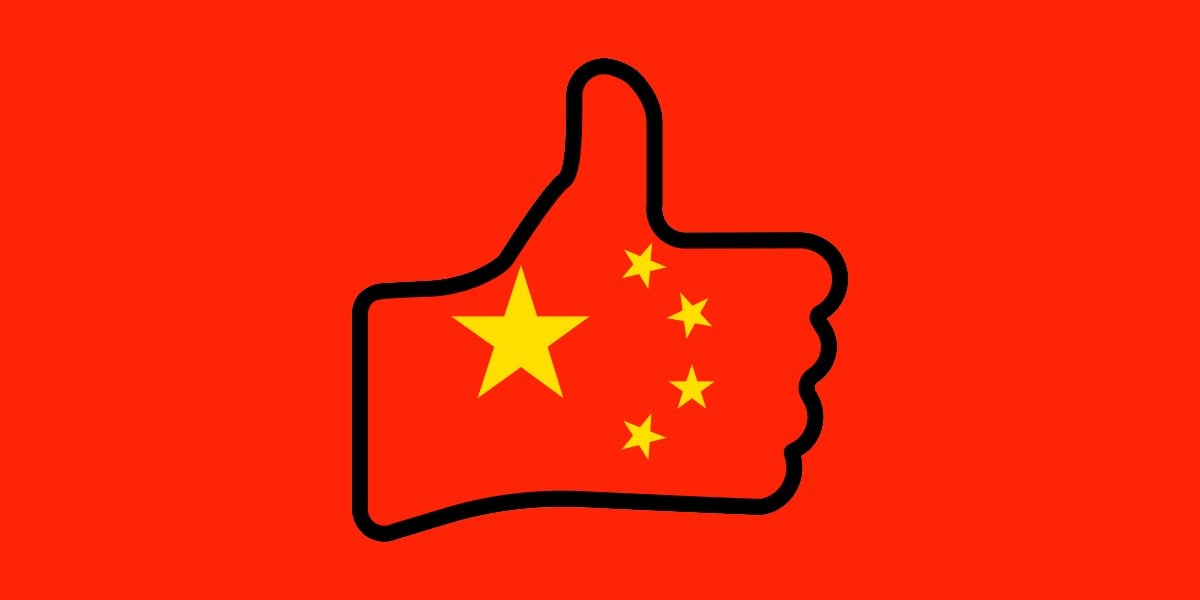BOOK THIS SPACE FOR AD
ARTICLE ADGermany's government has named China-controlled actors as the perpetrators of a 2021 cyber attack on the Federal Office of Cartography and Geodesy (BKG) – the official mapping agency.
The nation's Ministry of the Interior and Home Affairs on Wednesday published an assertion that China infiltrated the Office’s systems to conduct espionage, after first compromising devices belonging to private individuals and businesses to conduct the raid.
Federal minister of the interior Nancy Faeser did not mince words, issuing a declaration to the effect that "This serious cyber attack on a federal authority shows how great the danger is from Chinese cyber attacks."
The minister attributed the incident to "state-controlled Chinese actors," condemned it in the strongest possible terms, declared it a threat to sovereignty, and called on China to "refrain from and stop such cyber attacks."
China's ambassador was called in for a stern chat, so that Germany could express its displeasure – which may have been a futile gesture. The Home Affairs ministry's post includes a warning that Germany's security authorities expect China will intensify its cyber offensive in pursuit of info that informs the Middle Kingdom's industrial development.
"Cyber operations are likely to continue to be implemented in a highly professional manner and with enormous expenditure of resources," the document predicts.
The ministry's announcement doesn't detail any damage resulting from the incident. It does disclose that a part of the BKG's network was compromised – but that malware was not found elsewhere in the agency's systems.
Networks were rebuilt, and German authorities were satisfied the attacker was not able to maintain a presence.
Upcoming US export rules on chipmaking tools won't apply to friendly countries Chinese telco gear may become verboten on German networks AWS to pump billions into sovereign cloud for Germany China and the EU agree to consultations over EV anti-subsidy investigationNews of Germany's attribution came on the same day as reports suggesting the US is pondering further sanctions on tech exports to China – this time covering high-bandwidth memory (HBM) and the kit to make it.
HBM is needed in GPUs and servers capable of running AI workloads at decent speed, and the United States is concerned that China will use such hardware to advance its military capabilities.
The ban under consideration would require major HBM-makers like Samsung and SK hynix to refrain from doing business with China. The Biden administration has made strengthening ties to South Korea – home to both silicon slingers – a priority, in part to help with its plan to keep advanced tech out of China. South Korea has pushed back a little, as tech exports make a vast contribution to its economy.
Another major HBM-maker, Micron, is US-based – and has been banned by China over apparent security concerns. ®
.png)
 3 months ago
11
3 months ago
11 














 Bengali (Bangladesh) ·
Bengali (Bangladesh) ·  English (United States) ·
English (United States) ·